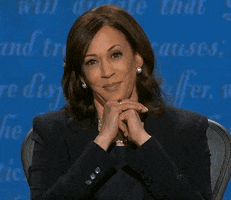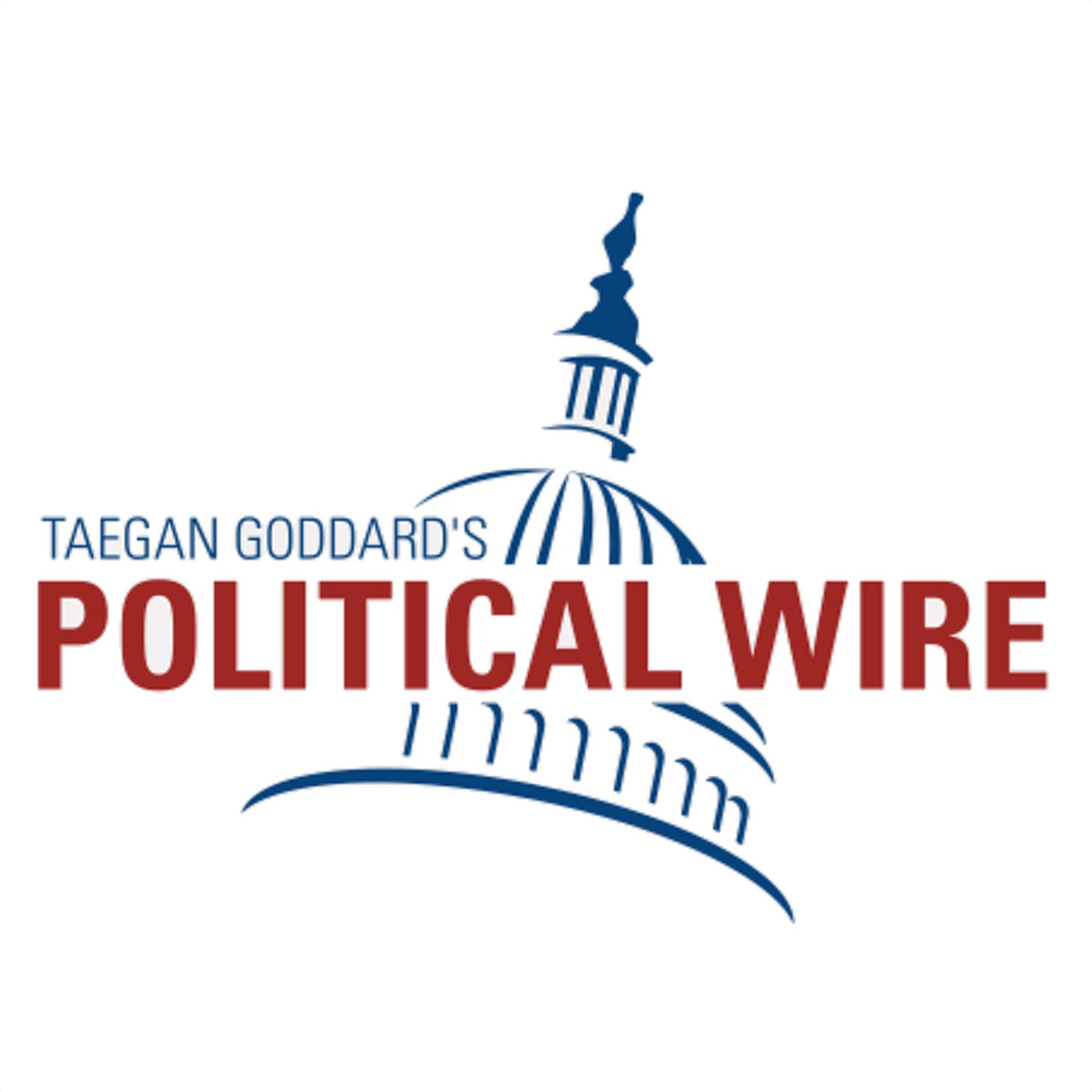Final polling did generally overstate Democrats in both the 2016 and 2020 elections in these states, with Wisconsin standing out. Keep that in mind as polling shows Kamala Harris holding up a little bit better in the Badger State than elsewhere.

centerforpolitics.org
"...To be clear, we have no idea whether the polls will be biased consistently one way or the other in 2024.
Maybe Trump will be understated again: if so, he is almost certainly going to win the election given how close the polls are now.
Maybe Harris will be understated: if so, she is in a great position to win given that she appears to already lead in enough states to win 270 electoral votes, albeit barely.
Or there might be little bias either way, or inconsistent bias depending on the state, in which case this election will be very hard to confidently predict based on the current numbers. Polling error is not necessarily consistent from year to year—while polls understated Trump in 2016 and 2020, the longer-term history of polling errors is a bit more mixed, per this
helpful chart from the Pew Research Center based on American Association for Public Opinion Research data.
Our best guess is that because Trump’s polling position is better than 2016 and 2020, it’s likelier that he’s at least not being as underestimated as much as he was in previous elections, if he is being underestimated at all.
For one thing, other indicators do not really suggest that we’re in the midst of an electoral environment that is much stronger for Republicans than the past two elections (those indicators include
special elections in 2023 and 2024 and the recent Washington state
top-two primary).
While Democrats have now nominated three different opponents against Donald Trump, Trump himself will be on the ballot for a third straight time. It just doesn’t seem likely to us that he will do markedly better than he did in either 2016 or 2020, which is what would happen if the polls were biased against him again.
The third installment of the Trump trilogy will likely look a fair amount like the first two installments as opposed to being dramatically different; this is why we’ve long expected a close and competitive election, with only the last few weeks of Joe Biden’s candidacy really making us seriously consider the possibility of Trump doing substantially better than his previous presidential runs. The close polls suggest a close election: That seems realistic.
However, we also are on guard for subtler versions of the polling error we saw in 2016 and 2020. Again,
Harris doing better in Wisconsin than she is doing in Michigan and Pennsylvania is something that raises our eyebrows, given actual recent results and the more pronounced Wisconsin polling error in 2016 and 2020. We also are suspicious of Harris’s better polling position in North Carolina than Georgia; note that the polling was generally closer to the mark in the latter than the former in both 2016 and 2020. ..."
[Lots of data in the linked article]




